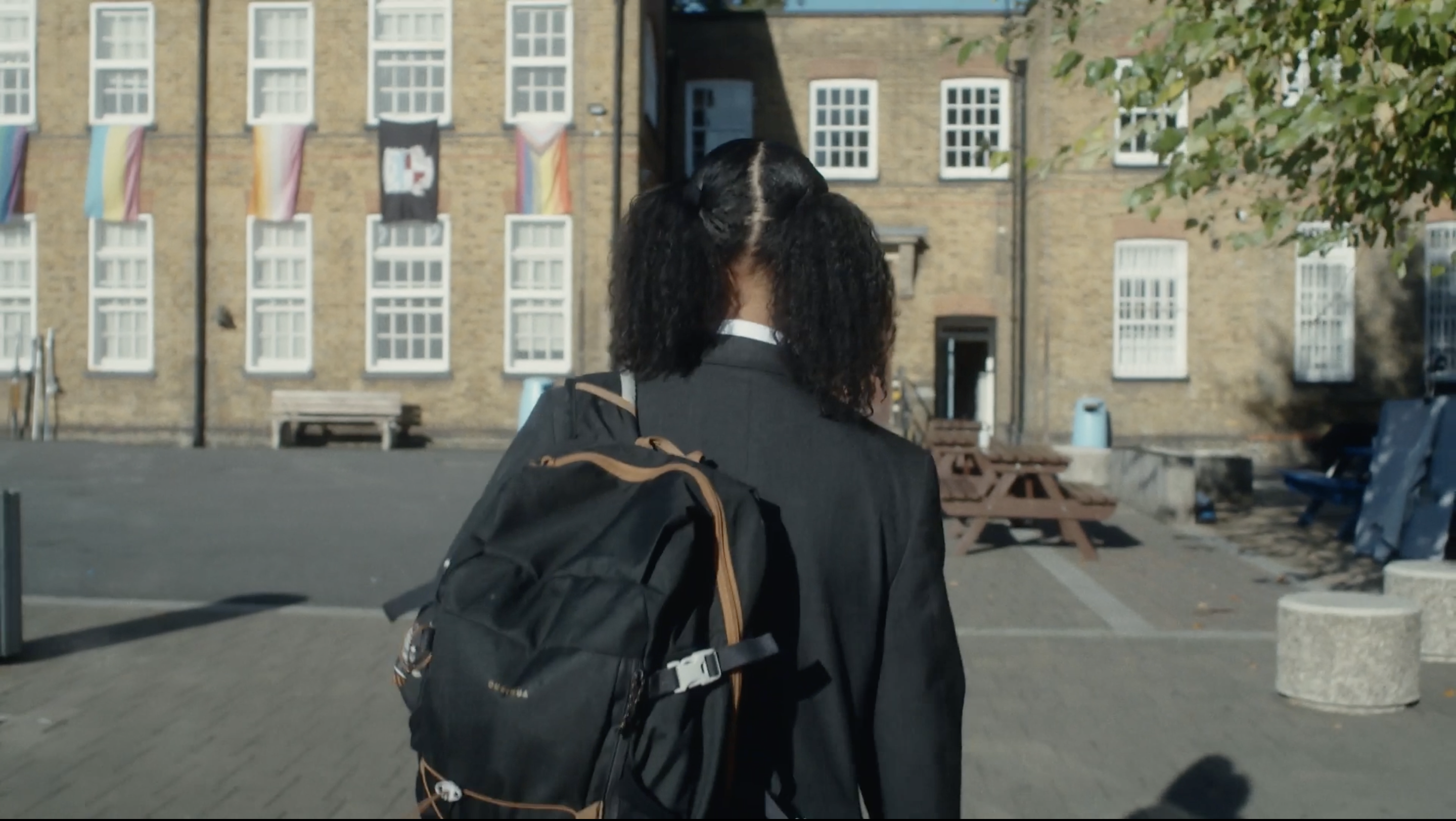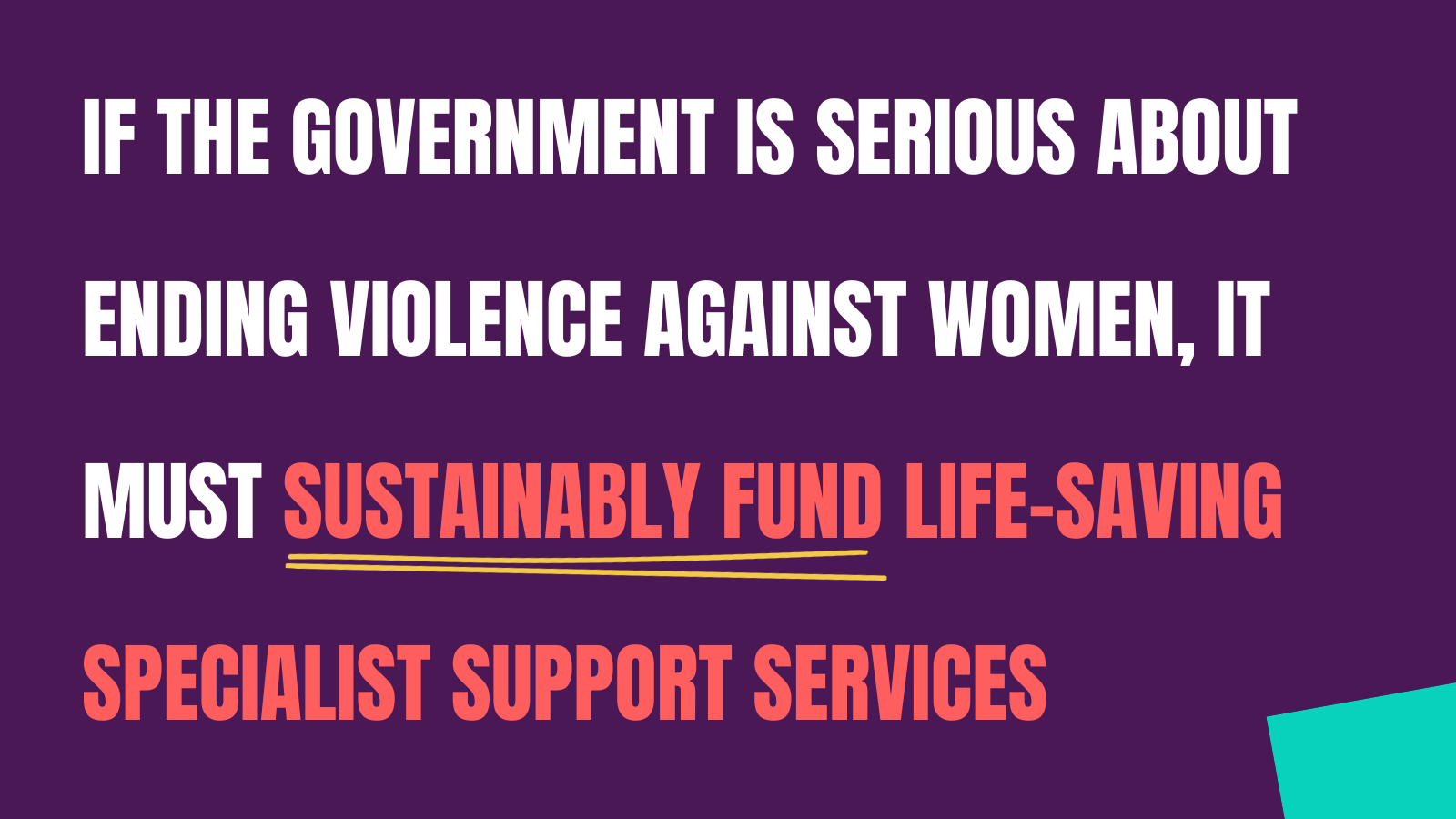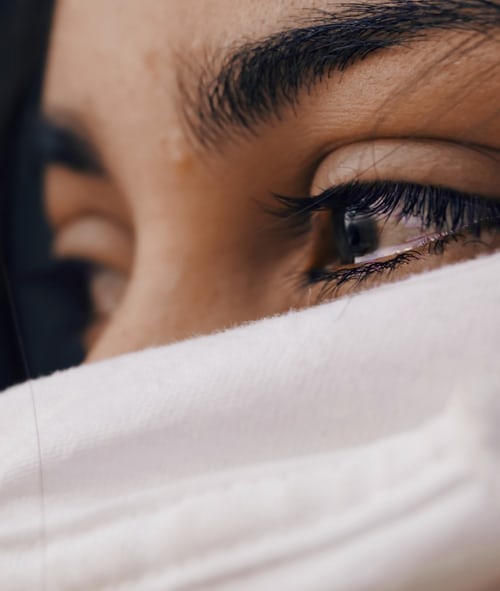 12 Apr
12 Apr
In response to the Government introducing a gradual relaxation of coronavirus restrictions, 26 VAWG sector organisations have today (08.07.20) released a statement to broadly set out our situation and concerns in this changing context – which includes various approaches to easing restrictions across the four nations.
The statement highlights that women and girls need to be able to access the vital services we provide – including crisis support, outreach, refuge, long-term move on, therapeutic counselling, advocacy, legal advice and much more – in the most accessible way possible. Therefore we foresee an indefinite period of “mixed provision” of support, with part of our workforce at home, others working at our premises, and the continuing provision of more phone and online support than existed pre-Covid.
The sector’s experience over the past 3 months has been of serious increases in the demand for support, as well as reduced capacity in our organisations. Reliance on our web-based support and information services remains high, and women who get through to our organisations are experiencing escalating violence and abuse, are more desperate then ever, with more complex needs that are often taking longer to work with than average. Our organisations have responded to this complexity with wrap around, trauma informed woman-centred support.
The crisis has also disproportionately affected Black and minoritised people who have been more exposed to the illness, been less able to self-isolate, and more likely to have become very sick or to die, along with disabled women (who are 11 times more likely to die from the virus). The statement highlights the structural racism and ongoing hostile environment which places Black and minoritized women at particular risk by preventing their access to basic safety nets.
The statement which calls on the government and policymakers to understand the context for VAWG support services and to do the following, should be read alongside detailed recommendations previously provided to the government to inform their Hidden Harms agenda – VAWG sector’s response to the Government’s Hidden Harms Action Plan.
- Extend the period of spend for emergency funding beyond the 31st October ‘cliff edge’
- Ensure that the interests of all survivors of VAWG – including Black and minoritised survivors, Deaf and disabled women and LGBT survivors and organisations working with them – are represented at all levels of Covid-19 response and “transition” planning, and that the prevention of increasing levels of VAWG, providing specialist support for survivors and tackling perpetrators are priority objectives
- A funding solution to meet longer term demand and ensure sustainability for all specialist VAWG services, which includes ring-fenced funding for specialist led ‘by and for’ services and sexual violence services, underpinned by clear accountability mechanisms and delivered through long-term grant funding, with an end to competitive tendering as the default mode
- Consultation with a cross-section of the VAWG sector on the resources needed. Our organisations have significant expertise on demand for service provision, the needs of survivors and the level of investment required. This must include consideration of the specialist VAWG sector in Wales to ensure devolved and non-devolved policy, provision and funding are aligned to prevent gaps in provision.
- Ensure that Black and minoritised women and all survivors with NRPF across the country can access safe accommodation alongside specialist support by appropriately funding the specialist led ‘by and for’ sector to meet the demand
- Lift the ‘no recourse to public funds’ condition that prevents women experiencing VAWG to escape without fear of destitution
- Provide safe reporting mechanisms for survivors with insecure immigration status
- Urgently consult on, renew and fully fund a new Violence Against Women and Girls Strategy
- The inter-ministerial group on VAWG and National Oversight Group on Domestic Abuse should be urgently reconvened and meet on a regular basis, with a cross-section of representatives from the VAWG sector attending to ensure that the development of policy and practice is based on the needs of survivors
Recommended ARTICLES
 12 Apr
12 Apr
 14 Mar
14 Mar
 06 Mar
06 Mar

